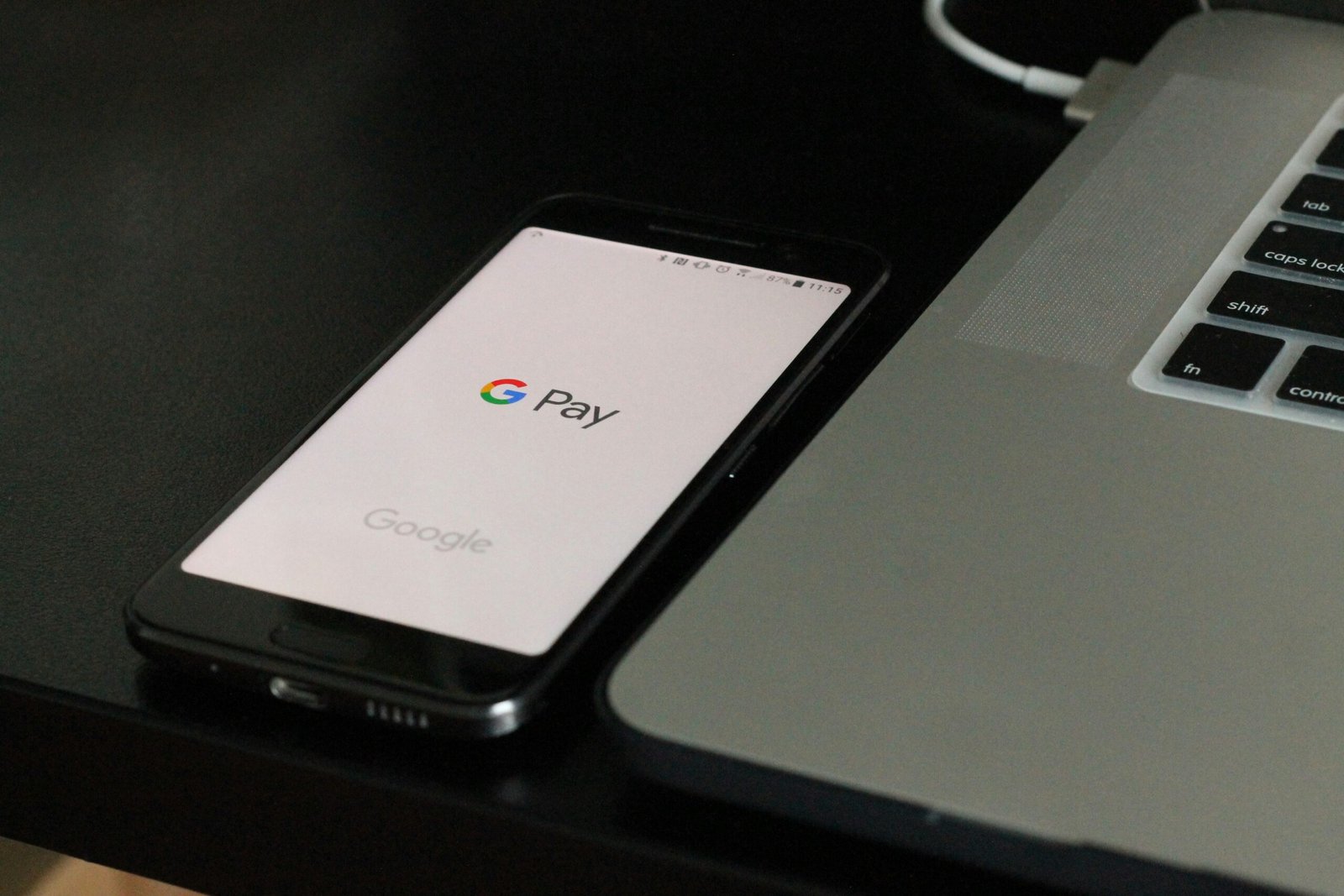
In an era dominated by digital technology, where every click, swipe, and tap leaves behind a trail of data, the issue of privacy has become more pertinent than ever before. The digital landscape offers unparalleled convenience and connectivity, but it also raises significant concerns about the security and confidentiality of our personal information. As we traverse this digital terrain, it is imperative to understand the nuances of data privacy and the steps we can take to safeguard our digital identities.
The rapid advancements in technology have revolutionized the way we live, work, and interact with the world around us. From social media platforms to e-commerce websites, our digital footprint continues to expand, leaving behind a treasure trove of personal data. While this data holds immense value for businesses and organizations seeking to understand consumer behavior and preferences, it also poses inherent risks to individual privacy.
One of the primary challenges in the realm of data privacy is the collection and utilization of personal information without explicit consent. Companies often gather vast amounts of data through cookies, tracking pixels, and other digital tools, often without adequately informing users about the extent of data collection or how it will be used. This lack of transparency not only erodes trust but also raises serious ethical concerns about the exploitation of personal data for commercial gain.
Moreover, the proliferation of data breaches and cyberattacks underscores the vulnerability of our digital infrastructure. Hackers and cybercriminals are constantly seeking ways to exploit weaknesses in security systems to gain unauthorized access to sensitive information. Whether it’s financial data, healthcare records, or personal correspondence, the repercussions of a data breach can be devastating, leading to identity theft, financial loss, and reputational damage.
In response to these challenges, governments around the world have enacted legislation aimed at protecting individuals’ privacy rights in the digital sphere. Regulations such as the General Data Protection Regulation (GDPR) in Europe and the California Consumer Privacy Act (CCPA) in the United States impose strict requirements on companies regarding the collection, storage, and processing of personal data. These laws empower consumers with greater control over their information and hold companies accountable for any mishandling or misuse of data.
However, regulatory measures alone are not sufficient to address the complexities of data privacy in the digital age. As individuals, we must also take proactive steps to safeguard our personal information and minimize our exposure to privacy risks. This includes being mindful of the data we share online, using strong and unique passwords, regularly updating privacy settings on social media platforms, and being cautious when clicking on links or downloading attachments from unknown sources.
Furthermore, fostering a culture of data privacy requires ongoing education and awareness efforts to empower individuals with the knowledge and tools they need to protect themselves in an increasingly interconnected world. By staying informed about the latest threats and best practices for data security, we can collectively work towards creating a safer and more privacy-respecting digital environment for all.
In conclusion, the issue of data privacy in the digital age is multifaceted and complex, touching upon issues of transparency, consent, security, and accountability. As we continue to embrace the benefits of technology, we must also remain vigilant in safeguarding our privacy rights and advocating for greater transparency and accountability from companies and policymakers alike. Only through collective action and a commitment to digital ethics can we ensure that the promise of the digital revolution is realized without sacrificing our fundamental right to privacy.





